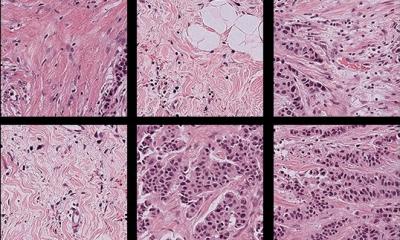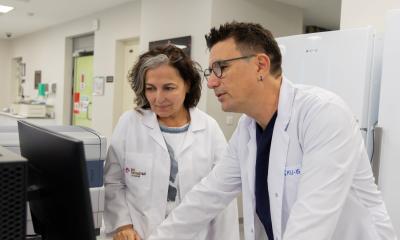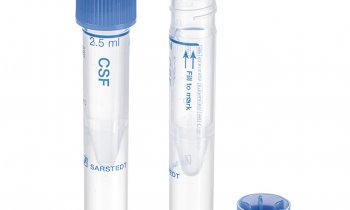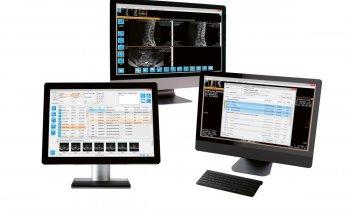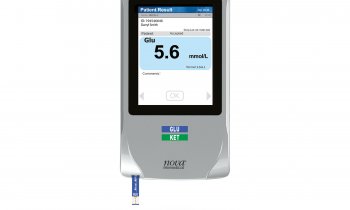Tissue Infection
Curetis launches next generation CE-IVD Unyvero Implant
Curetis N.V. announced the successful completion of the CE Performance Evaluation study of the next generation of its Unyvero ITI Implant and Tissue Infection Application Cartridge (Unyvero ITI).
The new Unyvero ITI comes with an extended panel and increased sensitivity. It will be launched in the third quarter of 2016 as a CE-IVD-marked product in the European direct sales and international distribution markets. Unyvero ITI is designed for the diagnosis of many types of severe infections, including prosthetic joint infections, surgical site infections, catheter-associated infections and skin and soft tissue infections.
The next-generation cartridge now covers a total of 102 diagnostic targets: 85 of the most clinically relevant pathogenic microorganisms, including Gram positive and Gram negative bacteria, several fungi, and 17 related antibiotic resistance markers. Specifically, the next generation ITI cartridge has added a universal bacterial primer, several Candida species, various types of Streptococci, Klebsiella variicola, and other new diagnostic targets. In addition, clinical sensitivity has been significantly improved for many key pathogens. Unyvero ITI is the most comprehensive commercially available panel for this indication area in a cartridge-based sample-to-answer format. The first generation ITI Application Cartridge launched in 2014 covered a total of 80 diagnostic targets.
Sold as a consumable running on the Curetis Unyvero System, the product analyzes many challenging and heterogeneous sample types such as fluids, tissues, swabs and others. It is the second Application Cartridge for the Unyvero System launched in 2016, following the recent launch of the BCU Blood Culture Application Cartridge.
In the performance evaluation study, a total of 1,100 samples were tested with the next generation ITI Cartridge. These included 700 samples positive for microbial growth in the routine work-up of patients.
Final validation results from patient samples demonstrated
- an overall sensitivity for all pathogens of 86.9% and
- an overall specificity for all pathogens of 99.2%.
Several customer sites at renowned hospitals in Europe have already agreed to further evaluate the second generation Unyvero ITI product in their clinical routine. “We are excited to start marketing the new ITI Application Cartridge for our Unyvero Platform,” said Dr. Achim Plum, Chief Commercial Officer of Curetis. “Our development team has done a tremendous job and provided us with an improved, next generation product with higher clinical sensitivity overall, as well as an even broader panel. With more than 100 diagnostic targets covered by the new Unyvero ITI cartridge, we believe we have a solution with the broadest available panel for suspected implant and tissue infections and an unmatched versatility allowing the use of a wide range of routine clinical patient sample types.”
Curetis´ CEO Oliver Schacht, PhD, added, “A key priority for us since the IPO has been the expansion and acceleration of our product pipeline. With the successful validation and launch of the BCU product in Q2 and now the second generation ITI cartridge in Q3, we continue to deliver on key milestones of our equity story outlined at the time of our IPO.”
Source: Curetis
06.09.2016



